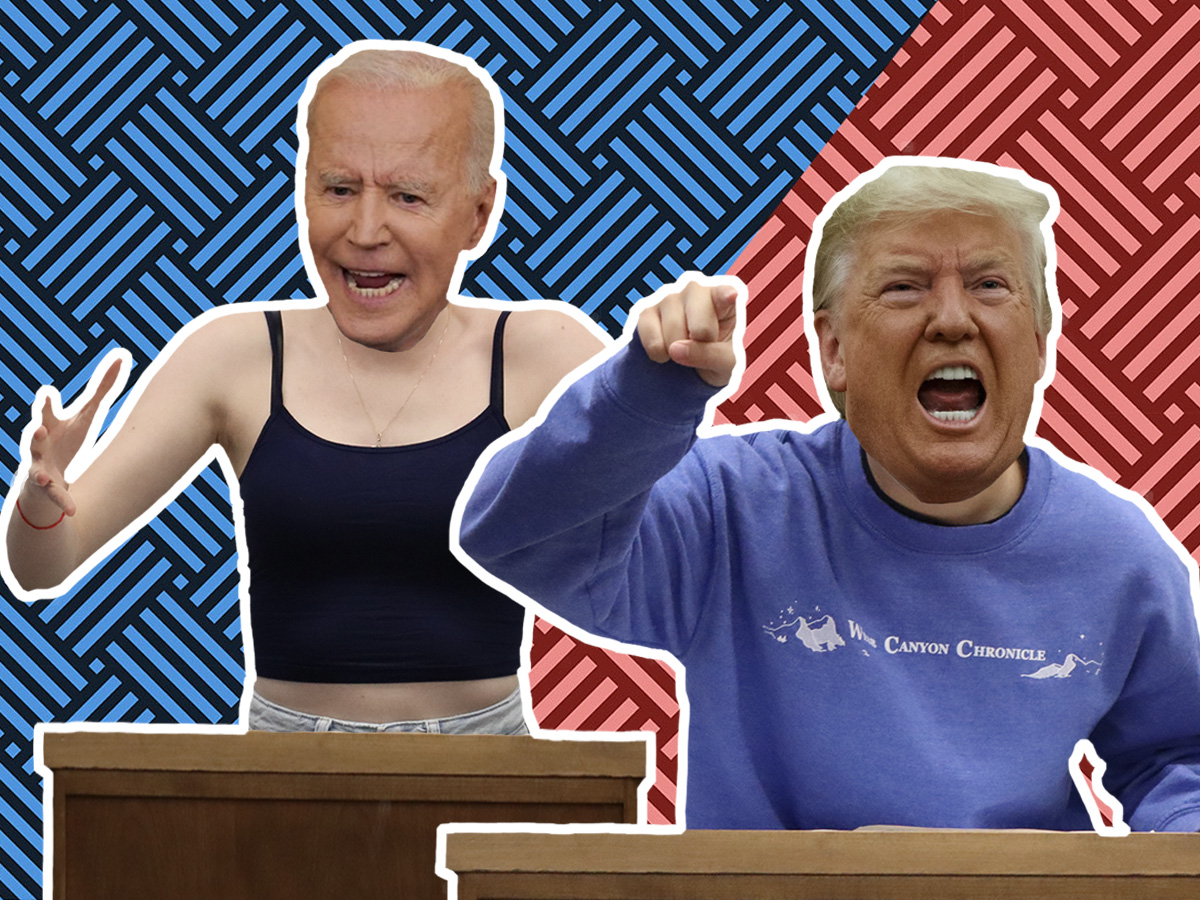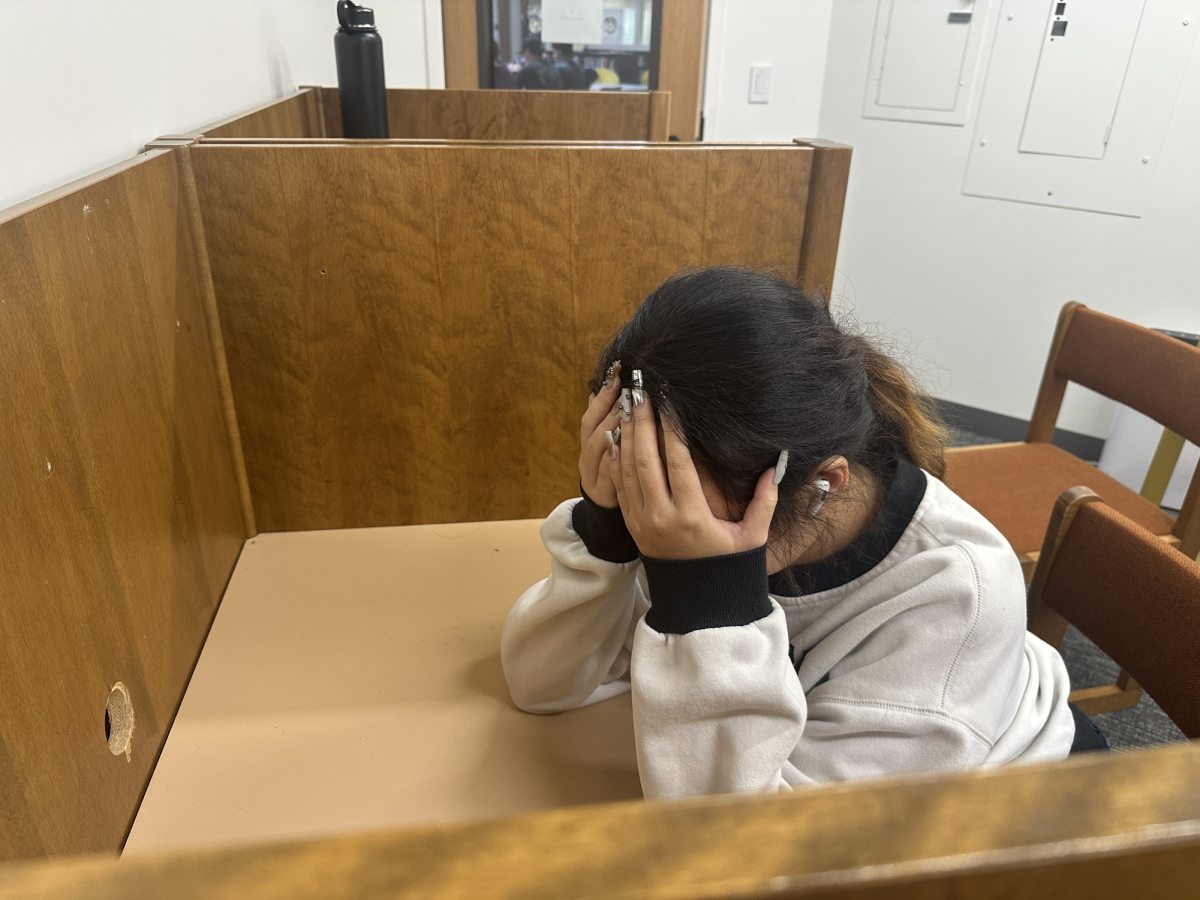Another impeachment inquiry? Not a big surprise. Wait, it’s Biden this time?
On September 28th, 2023, Congress officially heard the first impeachment inquiry for President Joe Biden. Former Speaker of the House Kevin McCarthy (representing California’s 20th congressional district) pushed for his impeachment on the grounds that Biden is benefitting from his son Hunter Biden’s business dealings.
The result of this hearing was a six-hour slugfest between Republicans and Democrats, each side of the aisle completely unwilling to cooperate with the other. With three impeachments and a current inquiry under our belt in four years, the American people are left to wonder: what happened to American politicians?
Polarization — something that supposedly increases scrutiny and competition and thus competence — has in turn led to a continuation of the years-old debate of Trump vs. Biden. With the Capitol riot, it has become clear that the two parties are so unwilling to comply with each other that they could compromise the processes of democracy. American voters have gotten used to an all-time low standard. As another election cycle is approaching, in order for their own party to take the White House, many will be forced to vote for incompetent candidates.
Intensified political polarization in American society has become a pressing issue in recent years. With a growing gap between the Democratic and Republican parties, cooperation between the two has become increasingly rare. The reduced incentive for compromise led to the adoption of extreme policies that interfere with people’s rights, such as the overturn of Roe v. Wade, a Supreme Court decision that eliminated the federal right to abortion, and the implementation of Title 42, a policy allowing for quick expulsion of migrants. Polarization has also politicized processes of nominating and confirming Supreme Court judges, shifts in foreign policy, and even public health decisions, as seen during COVID-19.
“I think we will see a turnout as we have seen in the past when we have been discussing matters of people’s rights,” said Obehi Akpengbe (‘24). “And that will be very controversial and cause a lot of outbreaks because of how much they want to dictate what people can do with their own lives.”
While social media platforms do not directly cause political polarization, they exacerbate it by forming an echo chamber of a limited set of extreme viewpoints. Most platforms use algorithms that provide content based on the user’s preferences. Therefore, politically aware users are mostly exposed to content that aligns with their preexisting beliefs.
For instance, according to Humanities and Social Sciences Communications, left-leaning users were more likely to find content that was supportive of the BLM movement in 2020, while right-leaning users often encountered criticism and opposition to the movement on the media platforms used.
“There has always been polarization, but in the last few years, the news media and how people access information has changed significantly,” said Dr. Smith. “Instead of watching a news report where you’re seeing multiple sides of an issue, people tend to seek news from very siloed kinds of sources.”
While political disagreement between parties is necessary for a functioning democracy, extreme polarization also impedes the emergence of new candidates who might offer fresh perspectives and unity between the two parties. Starting with primary elections, established candidates with higher ratings tend to be favored by prospective voters. Given the stakes of presidential elections and the profound impact the winning party has on policy direction, parties are now driven by a fear of letting their rivals secure the White House.
“I would definitely say their [candidates’] stance on key issues, for sure, is what’s important to me,” said Izzy Kim (‘24). “Background doesn’t really matter because everybody is so opinionated and so heavily like, ‘I’m a Republican, and I’m a Democrat’. At that point, it doesn’t even matter what race they are, where they’re from, what religion they are.”
This fear of losing the White House pushes parties to lean towards candidates they believe have the best chance of victory in the general election, which often means favoring already well-known figures with proven electability and established voter bases rather than newcomers who haven’t been tested on the national stage.
The frontrunners of the 2024 election are Joseph Biden from the Democratic Party and Donald Trump from the Republican party, both with presidential terms behind them. As of now, Joe Biden’s main opponent in the Democratic primaries is Marianne Williamson, an author and former spiritual adviser for Oprah Winfrey.
Donald Trump, on the other hand, is running against eleven Republican candidates. However, according to national polls, Trump is expected to take precedence over other Republican candidates in the primary election. Considering the strong backing of Trump and Biden in primaries, we will likely see a Trump-Biden rematch during the 2024 presidential election.
A do-over of the 2020 election is a disappointing result. Trump incited a mob to stop a democratic process, called the coronavirus the “Chinese Virus,” and even hid classified government documents in his private bathroom. On the other hand, Biden has shown his age through his apparent confusion and occasional incoherence during speeches.
“America’s a nation that can be defined in a single word: awdsmfafoothimaaafootafootscuseme,” Biden said at an April 2022 ceremonial event in the White House.
Trump and Biden’s rematch further proves that American politics is currently stale with problematic candidates and extreme ideas. While political polarization in the United States is so intense, there will not be a breath of fresh air in the White House. If we wish for presidents who can truly represent the U.S. well, we might have to look past party politics and support the qualified candidates in this upcoming presidential election — starting with the primaries.







![Many Webb students spend their free time in the library watching a popular TV show like Riverdale and Euphoria. “Based off what I’ve seen, like in Euphoria, because the actors are older, they don't showcase an actual high school life properly,” Sochika Ndibe (‘26) said. “Since [the actors] are older [and] playing a teenager, from a girl’s perspective, it is going to make you think you should look more developed at a young age.” The actor, who plays Veronica Lodge, was 22 years old at the time of filming.](https://webbcanyonchronicle.com/wp-content/uploads/2025/03/Antecol-Media-affects-how-society-functions-graphic-1200x900.png)








